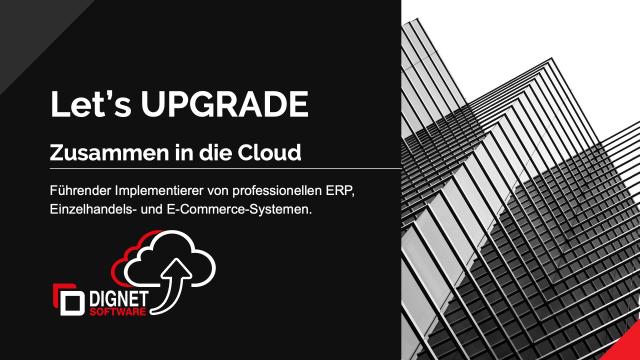
Why an ERP System is the Main Enabler of Business Growth
In today's competitive business landscape, it's more important than ever for companies to have a solid foundation for managing their operations. An ERP (Enterprise Resource Planning) system is a powerful tool that can help businesses streamline their processes, improve efficiency, and ultimately increase value that’s created. In this post, we'll explore why an ERP system is the main enabler of business growth.
1.Improved Visibility and Control
One of the biggest advantages of an ERP system like Microsoft Dynamics Business Central is that it provides businesses with a centralized platform for managing all of their operations. This means that data from various departments and functions can be integrated and shared in real-time. With this increased visibility and control, companies can make better decisions based on accurate, up-to-date information. For example, a sales manager can quickly check inventory levels before promising a customer delivery on a specific date. This level of control enables businesses to respond quickly to changes in demand, optimize production, and reduce costs.
2.Better Collaboration and Communication
An ERP system also fosters better collaboration and communication between departments. For example, a sales representative can easily access information on inventory levels and production schedules, enabling them to provide accurate delivery estimates to customers. At the same time, production teams can see the orders coming in and adjust production schedules accordingly. With an ERP system like Microsoft Dynamics Business Central, everyone has access to the same information, eliminating communication silos and improving overall efficiency.
3.Streamlined Processes and Automation
An ERP system can also help businesses streamline their processes and automate routine tasks. For example, invoices can be automatically generated and sent to customers, reducing the amount of time and resources required for manual processing. This automation can help free up employees to focus on more strategic tasks, such as analysing data and making decisions.
4.Scalability and Flexibility
As businesses grow, they need systems that can keep pace with their changing needs. An ERP system like Microsoft Dynamics Business Central is highly scalable and flexible, meaning that it can be customized to meet the specific needs of a business. This scalability enables businesses to add new modules and features as they grow, without needing to completely overhaul their systems.
5.Improved Customer Service
Finally, an ERP system can also help businesses improve their customer service. By providing accurate and timely information on inventory levels, production schedules, and delivery times, businesses can provide customers with better service and faster response times. This can help build customer loyalty and drive repeat business.
In conclusion, an ERP system is the main enabler of business growth because it provides businesses with improved visibility and control, better collaboration and communication, streamlined processes and automation, scalability and flexibility, and improved customer service. By implementing an ERP system like Microsoft Dynamics Business Central, businesses can achieve greater efficiency, reduce costs, and ultimately drive business growth.
6.Data-Driven Insights
An ERP system allows businesses to collect and analyse data from various departments, providing valuable insights into their operations with Business Intelligence tools that are natively integrated into an ERP system like Microsoft Dynamics Business Central. This data can be used to identify areas for improvement, track key performance indicators, and make informed decisions based on real-time data. By leveraging data-driven insights, businesses can optimize their processes, reduce costs, and make better decisions.
7.Compliance and Regulation
An ERP system can help businesses stay compliant with regulations and standards in their industry. By integrating compliance requirements into their processes and automating compliance-related tasks, businesses can reduce the risk of non-compliance and avoid costly fines or penalties.
8.Improved Supply Chain Management
An ERP system can help businesses manage their supply chains more effectively, by providing visibility into inventory levels, production schedules, and shipping logistics. This visibility can help businesses optimize their supply chain operations, reduce lead times, and improve their overall efficiency.
9.Increased Agility
An ERP system can help businesses become more agile and responsive to changes in the market. By providing real-time visibility into their operations, businesses can quickly identify and respond to changes in customer demand or market trends. This agility can help businesses stay competitive and adapt to changing circumstances.
10.Enhanced Reporting and Analytics
Finally, an ERP system provides businesses with enhanced reporting and analytics capabilities, allowing them to track performance metrics and identify areas for improvement. By providing real-time insights into key performance indicators, businesses can make data-driven decisions that drive business growth and improve their overall efficiency.

Conclusion
In summary, an ERP system like Microsoft Dynamics Business Central is essential for businesses that want to grow and succeed in today's competitive business landscape. By providing improved visibility and control, better collaboration and communication, streamlined processes and automation, scalability and flexibility, data-driven insights, compliance and regulation, improved supply chain management, increased agility, and enhanced reporting and analytics, an ERP system can help businesses optimize their operations and drive business growth.




